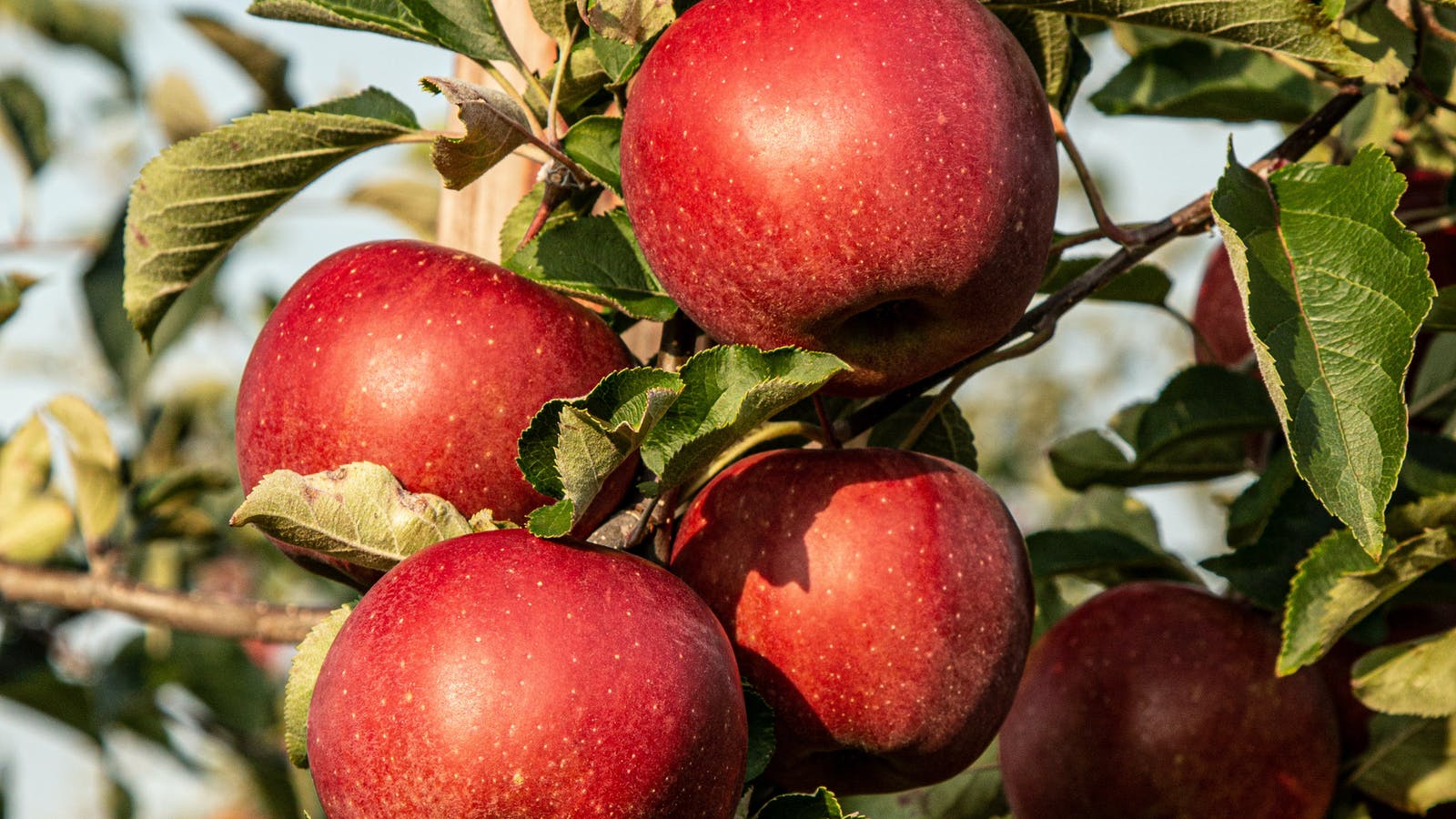How to treat seasonal allergies?
In spring, with flowering and the arrival of pollen, the air is loaded with allergenic substances, responsible for all the typical symptoms, sneezing, skin inflammation, itching, eczema, itchy eyes, allergic conjunctivitis, asthma, headache and runny nose (runny nose). And while we can't always avoid allergies, we can boost our immunity to prevent or minimize their effects. Allergies are an inflammatory response of the immune system triggered, among other things, by histamine (a signaling molecule of the immune system, skin, stomach and brain of vertebrates), which is responsible for the main symptoms. It occurs when an allergen crosses the first defense barriers of the body, the skin and the mucous membranes.
To avoid them, the best thing to do is to pamper our digestive system, because 70% of the immune system resides there. It is therefore essential to take care of the intestinal wall, the digestive mucous membranes and the microbiota, so that the intestine can correctly fulfill its functions: absorb nutrients, act as a barrier against pathogens and generate beneficial substances. It is also important to support the liver in the months before allergies appear.
What foods to favor?
Among all the remedies certainly prescribed by your doctor (immunotherapy, eye drops, specialized medications, homeopathy, essential oils, etc.) a simple treatment that works is to adapt your diet in the fall. to prepare your body for the arrival of pollen seasons, hay fever, respiratory allergies and other types of allergens. For this, it is advisable to reduce the consumption of irritating and pro-inflammatory foods such as ultra-processed products, refined sugar and cereals and for some gluten and industrial dairy products, because they damage the integrity of the body. intestinal wall, saturate the liver and facilitate the accumulation of toxins.
Apple
Apple is rich in quercetin, a flavonoid that tones the immune system and helps minimize allergic response. Take at least one a day, raw or cooked.
Garlic
Garlic is known for its immunostimulating properties. When consumed raw, it provides substances that inhibit the action of certain inflammatory enzymes that can cause allergic reactions. Try to consume 2 cloves of garlic per day. It is best if the garlic is raw and crushed.
Green tea
Green tea contains epigallocatechin gallate which neutralizes the allergic response. In addition, green tea is rich in antioxidants with anti-inflammatory action. Drink 1 cup a day.
Turmeric and ginger
The curcumin in turmeric is a powerful antioxidant and anti-inflammatory. Ginger is anti-inflammatory, improves digestion and strengthens the immune system. Include 2 slices of each in your infusions, sauces or other recipes.
Fermented foods
Pickles, kimchi and even sauerkraut nourish the intestinal microbiota. Their acidic taste promotes liver activity. Take a small portion daily.
All cruciferous vegetables are rich in glutamine, an amino acid which contributes to the healing of the intestinal wall in cases of hyperpermeability and thus promotes the functions of the digestive system. Raw cabbage is also rich in vitamin C, necessary for the proper functioning of the liver and toning the digestive system. You can eat it 4 times a week, in the form of juice, steamed, boiled, etc.
To find out more and adapt your treatment to your specific case, contact your doctor or a healthcare professional to carry out a check-up and carry out certain tests. It will provide you with all the additional information you need. Take care of yourself !

